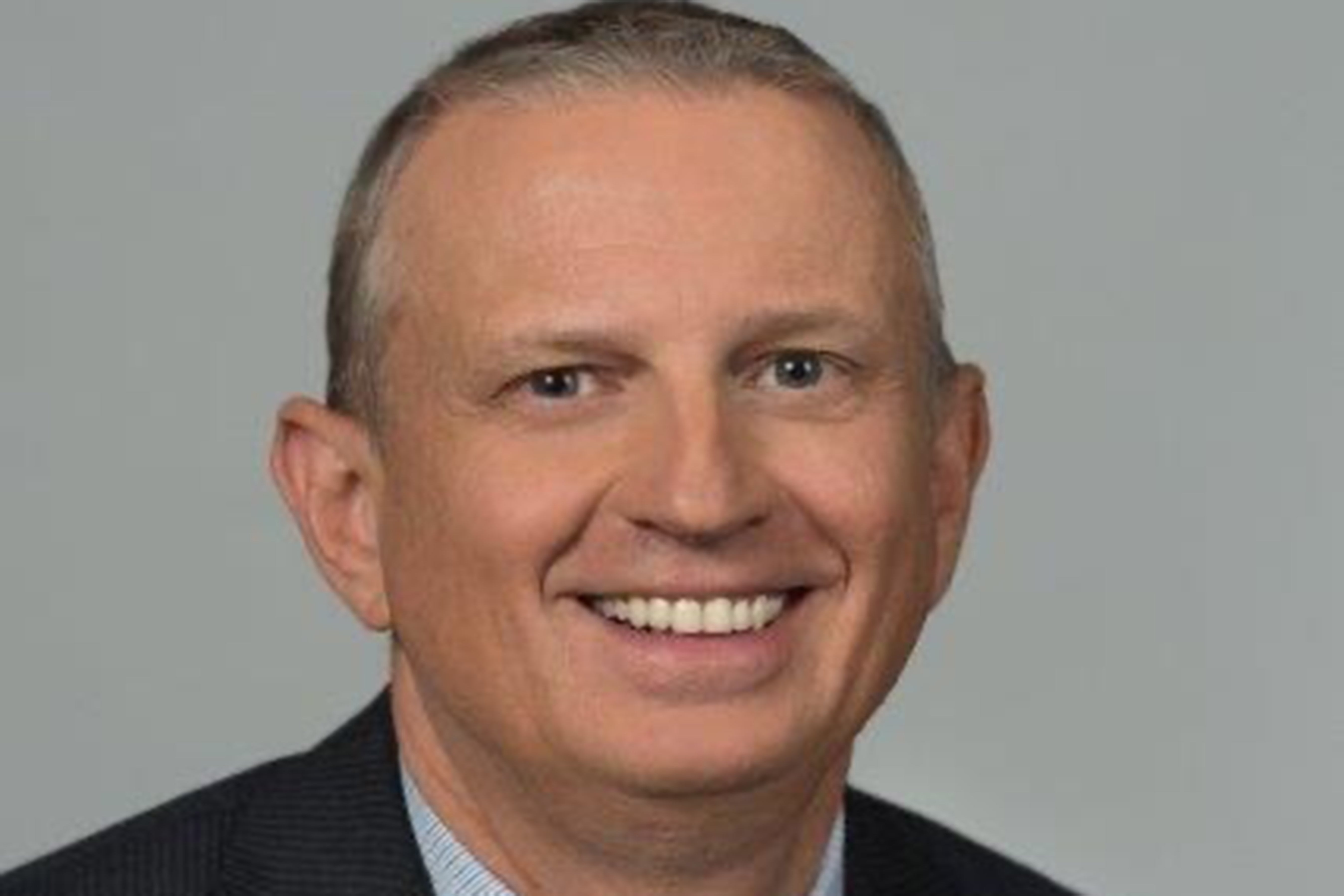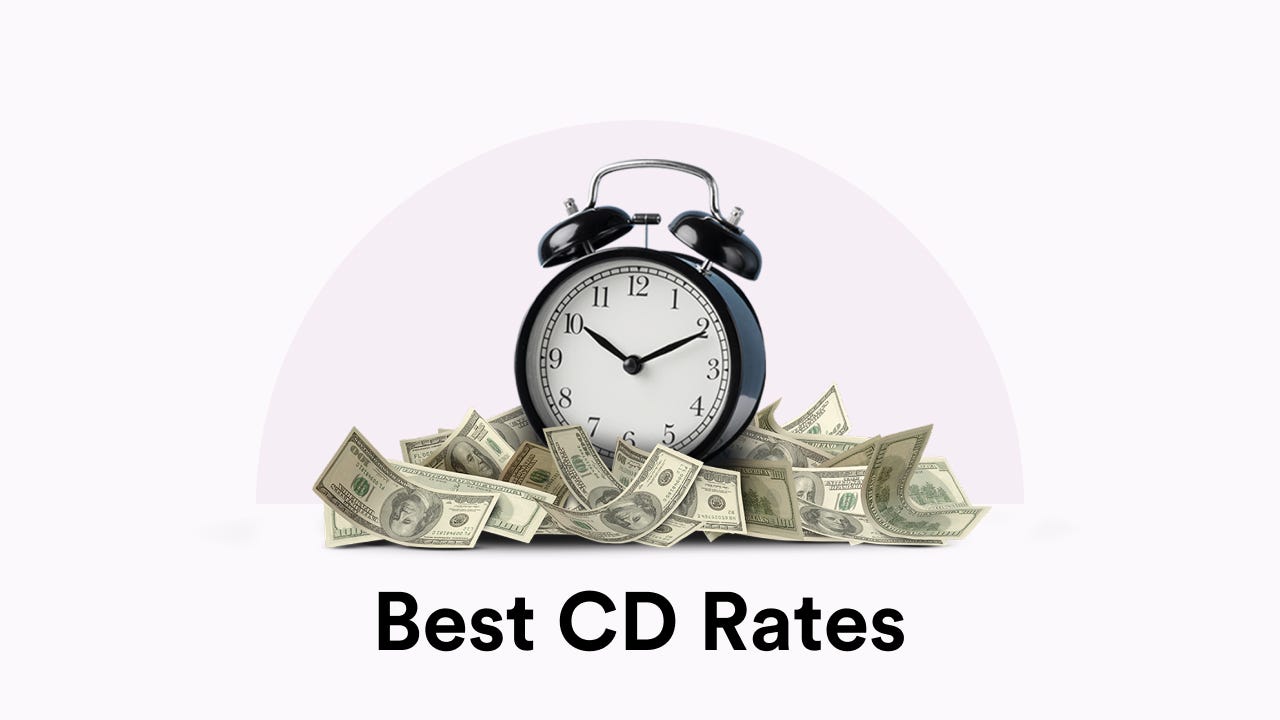Alliant Credit Union, Ally Bank, Amerant Bank, America First Credit Union, American Airlines Federal Credit Union, American Express National Bank, Axos Bank, Banesco USA, Bank of America, Bank of Hope, Bank5 Connect, BankPurely, BankUnited Direct, Barclays Bank, Bask Bank, BMO Alto, BMO Bank, Boeing Employees’ Credit Union, Bread Savings, BrioDirect, Capital One, Cash App, CFG Bank, Charles Schwab Bank, Chase Bank, CIBC Bank USA, CIT Bank, Citibank, Citizens Access, Citizens Bank, Colorado Federal Savings Bank, Comerica Bank, Connexus Credit Union, Credit One Bank, Cross River Bank, Customers Bank, Delta Community Credit Union, Discover Bank, E*TRADE from Morgan Stanley, East West Bank, Emigrant Bank, Emigrant Direct Bank, EverBank, Fifth Third Bank, First Citizens Bank, First Internet Bank of Indiana, First National Bank of America, First Tech Credit Union, FNBO Direct, Forbright Bank, FourLeaf Federal Credit Union, Frost Bank, Golden 1 Credit Union, Heritage Bank, Huntington National Bank, iGOBanking.com, Jenius Bank, KeyBank, Lake Michigan Credit Union, Laurel Road, LendingClub Bank, Limelight Bank, Live Oak Bank, M.Y. Safra Bank, M&T Bank, Marcus by Goldman Sachs, Merrick Bank, Mountain America Credit Union, MySavingsDirect, Navy Federal Credit Union, NBKC Bank, North American Savings Bank, Northpointe Bank, Openbank, Patelco Credit Union, Peak Bank, Pentagon Federal Credit Union, PNC Bank, Popular Direct, Presidential Bank, Provident Bank, Quontic Bank, Quorum Federal Credit Union, Randolph-Brooks Federal Credit Union, Regions Bank, Ridgewood Savings Bank, Rising Bank, Salem Five Direct, Sallie Mae Bank, Santander Bank, SchoolsFirst Federal Credit Union, Security Service Federal Credit Union, SoFi, SouthState Bank, Star One Credit Union, State Employees' Credit Union, Suncoast Credit Union, Synchrony Bank, Synovus Bank, TAB Bank, TD Bank, Texas Capital Bank, The Federal Savings Bank, Third Federal Savings and Loan, Truist Bank, UFB Direct, Umpqua Bank, US Bank, USAA Bank, Valley Bank, Varo Bank, Vio Bank, VyStar Credit Union, WebBank, Webster Bank, Wells Fargo, Western State Bank, Zions Bank, ZYNLO Bank







